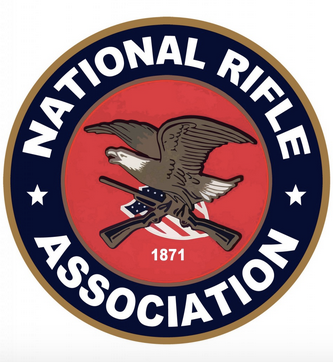But, with less public attention, the Trump administration has eased some gun regulations in recent months. Among them: The Army Corps of Engineers has filed notice in a court case that it is reconsidering a ban on carrying firearms on its land; the Justice Department narrowed its definition of fugitives barred from purchasing weapons; and the Interior Department lifted a federal ban on hunting with lead ammunition in national parks.
A White House official denied any deliberate effort to play down the change to the background-checks policy and declined to comment on that change or others related to guns.
“It was very quiet because if anyone looks under the hood of these laws, they can recognize that this has caused a significant threat to public safety,” said David Chipman, senior policy adviser for the gun-control group Americans for Responsible Solutions and a former official with the Bureau of Alcohol, Tobacco, Firearms and Explosives (ATF). “If these laws were good laws supported by the public that protected people’s rights while ensuring public safety, they’d proudly talk about what they are.”
The catalyst for the Social Security rule was a law signed by President George W. Bush intended to upgrade background checks on gun buyers after 32 people were shot and killed at Virginia Tech in 2007. The shooter was able to buy firearms because his mental health record was never submitted to the National Instant Criminal Background Check System (NICS), a 19-year-old database that gun-control advocates say lacks reams of pertinent information.




